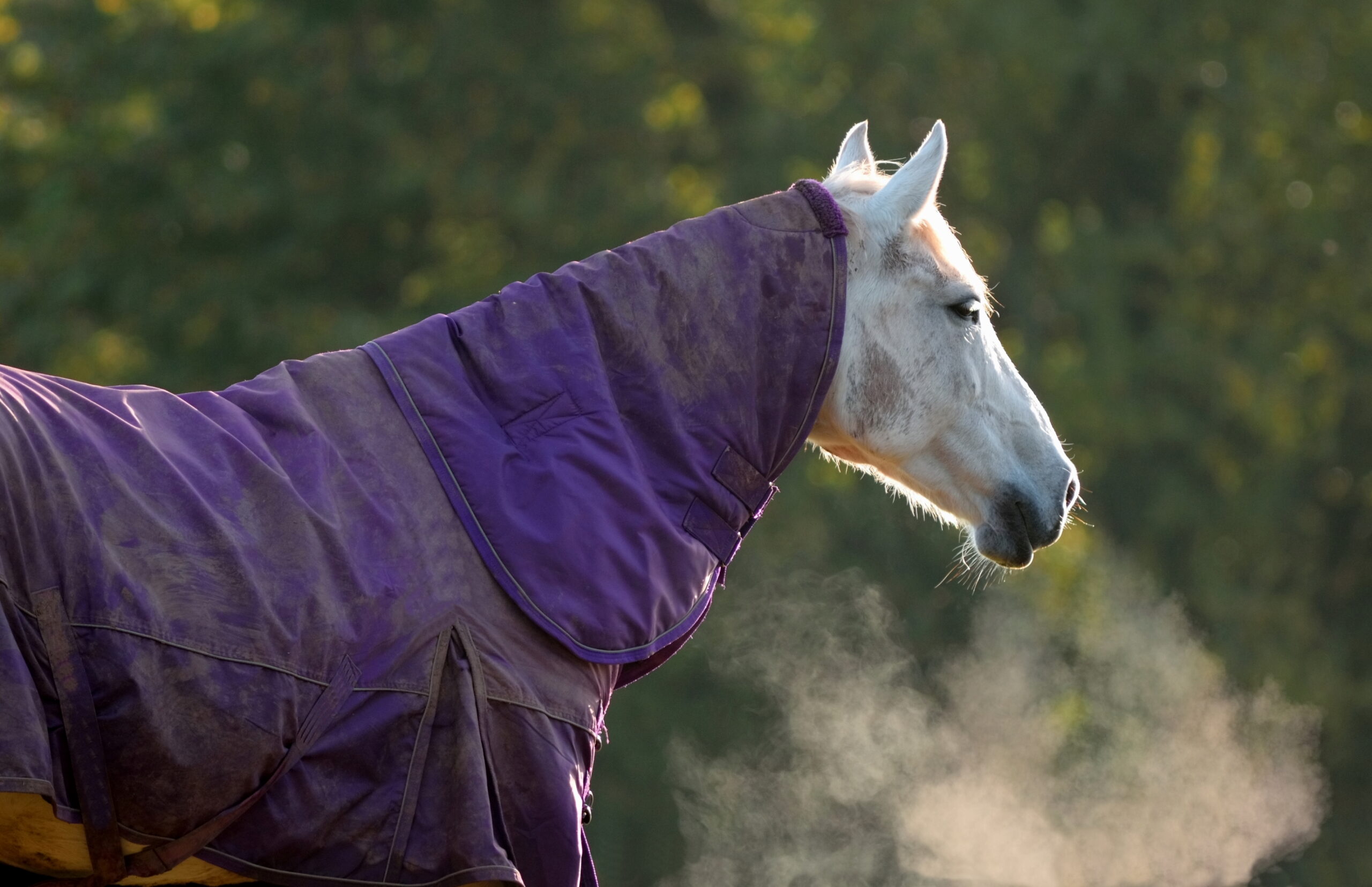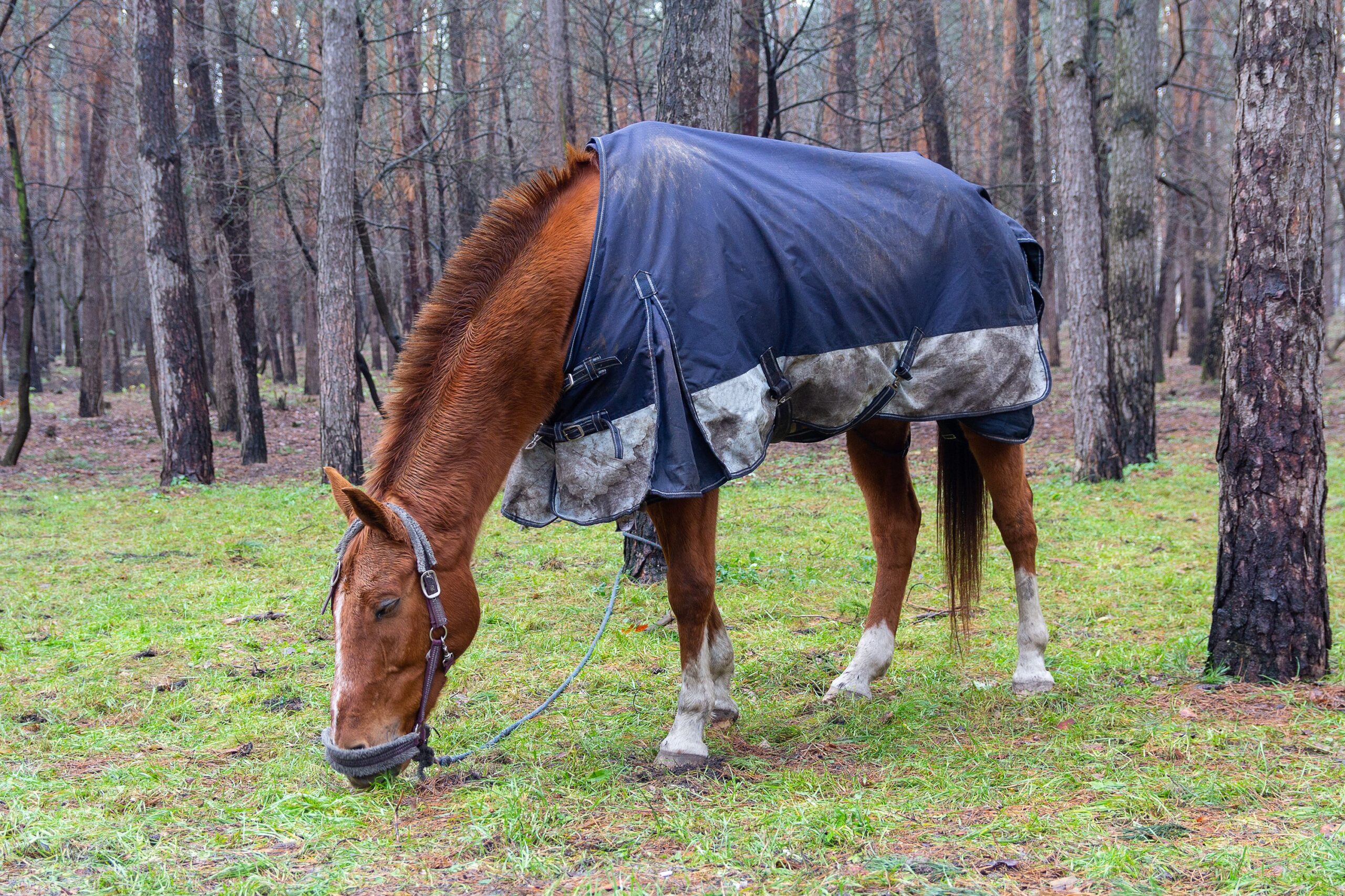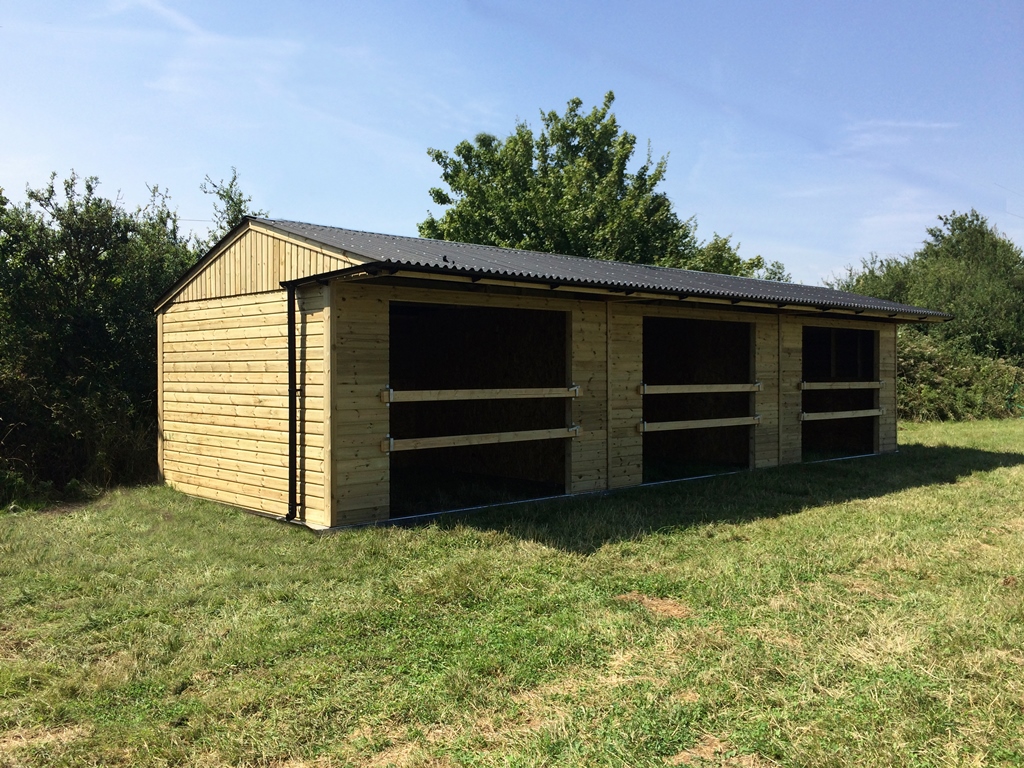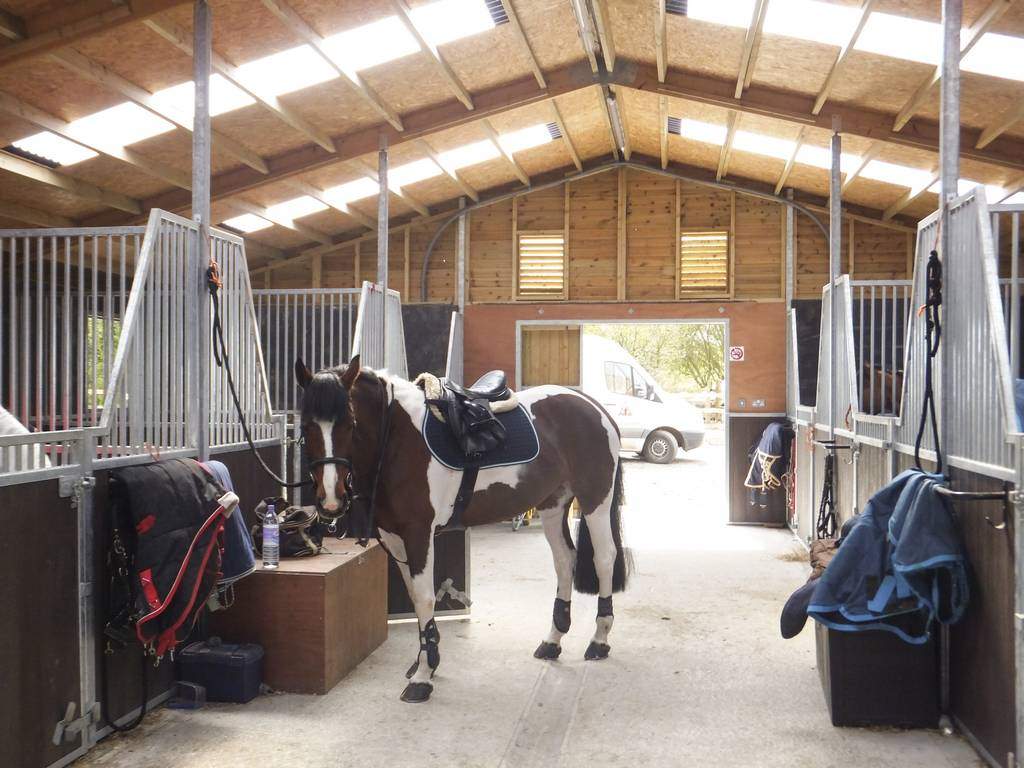In order to answer this question, it is important to figure out how much cold horses can tolerate. If horses have access to a shelter, they can tolerate temperatures as low as -40o F. However, it is not the cold temperature that generally makes your horse feel uncomfortable. What makes it more difficult to tolerate is the combination of rain and strong winds.
How do I know if my horse is cold?
Well, while there is no definitive way to decide if your horse is cold, there are things to look out for. As unscientific as it can get, try checking your horse’s ears – if they are cold, the horse generally is cold. Now, this measurement can be very tricky depending on how warm or cold your own hands are.
The most common measure is to see if your horse is shivering. While shivering is a natural response to the cold, it’s not comfortable. If you spot your horse shivering much more frequently or when all other horses are not this can indicate that the horse is cold. Weight loss might signify your horse being constantly cold – horses use fat reserves to keep warm, so if a horse is constantly cold, he will use his fat and drop weight.
If your horse wears a blanket, you can check if they are comfortable by putting a hand under the blanket. If there is sweat under the blanket, you may have some adjusting to do.
Should I blanket my horse?
There is no simple answer to this question. It is important to remember that horses evolved without our help, and they do develop a natural fur coat. Therefore, blanketing is not always necessary, but can be considered depending on different factors.
If the temperature drops slowly and gives time for the horse to adapt, there is not much to worry about. If the temperature fluctuates, you may end up changing blankets daily, as too much moisture or sweat can weight down the blanket. If you decide to blanket your horse, make sure the blanket you choose is breathable so the horse can dry if they start to sweat. If left outdoors, make sure the blanket is waterproof.

Blankets are recommended for your horse if they:
- are left outdoors without access to shelter,
- are an older horse, as they have difficulty maintaining body temperature,
- recently moved from a warmer climate,
- are performing or competing through the winter, and maintaining a shorter or clipped hair coat then blanketing is usually needed.
How to keep my horse warm in winter?
Providing shelter for your horse will help to keep them warm and healthy. In our previous blog, (Horse’s Hooves – Winter Care Tips), we discussed how important it is to let your horse’s hooves dry. Yet another way to keep your horse warm is to feed them hay. Through fermentation of fibre, your horse will be able to maintain body heat as high-quality hay helps to release more heat.
Don’t forget about providing clean and unfrozen water to your horse. If the water is too cold, the horse may drink less, which can decrease feed intake. A horse needs at least 1% of their body weight per day, 2% in cold winter, in roughage to maintain a healthy digestive system. Drinking colder water will increase energy requirements as more calories are required to warm the water to body temperature inside the digestive tract.
Exercising horses in winter is as important for their health and wellbeing as providing shelter, clean water and hay. We recommend riding your horse whenever the weather permits and evaluating their body condition while grooming on a regular basis. Cool your horse down thoroughly after a ride and do not blanket or turn out until they are completely dry to reduce the risk of cold or colic.
Let your horses enjoy the cold weather, and go out for a ride! If you need a shelter for your horse and you are looking for professional advice, reach out to Jon William Stables, and we will sort you out.





